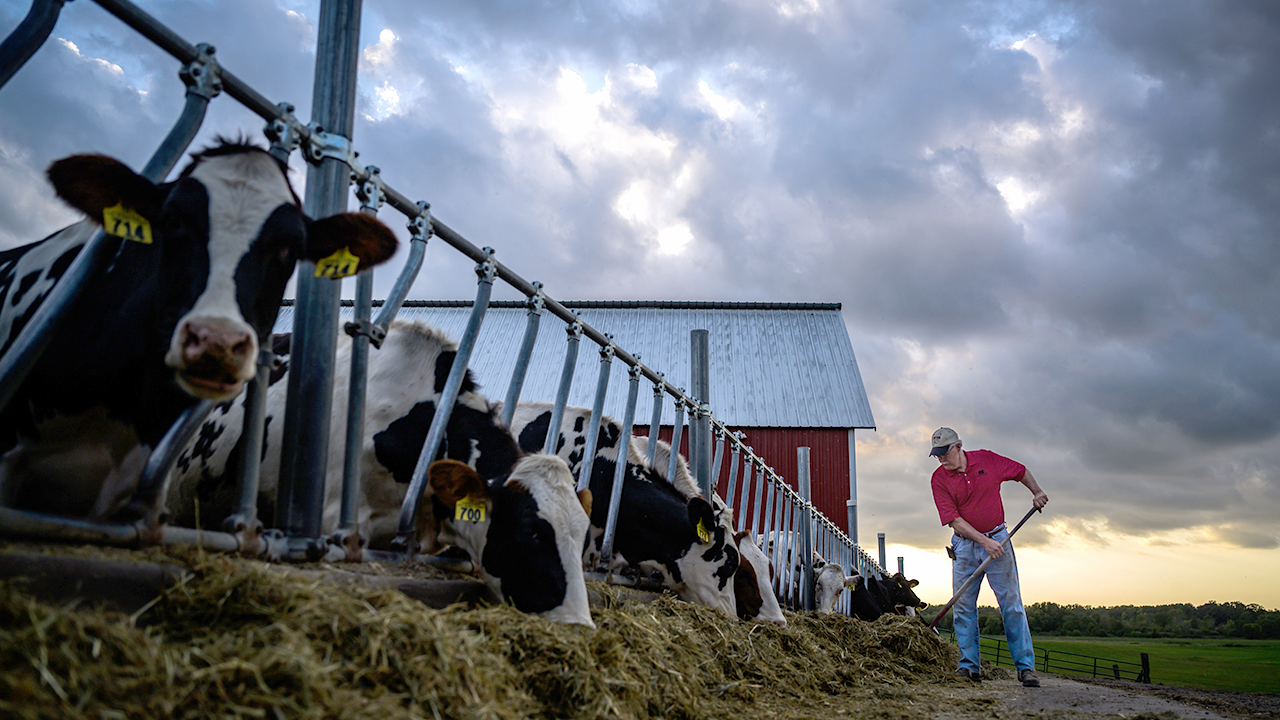Amid three bird flu strains, Minnesota declares state of emergency

Minnesota has declared a state of emergency as multiple strains of bird flu have ravaged farms, causing devastation to livestock and posing a significant threat to the poultry industry. The Minnesota Department of Agriculture (MDA) announced that the state’s Rural Finance Authority (RFA) Board has established the emergency in response to outbreaks of avian metapneumovirus (aMPV), highly pathogenic avian influenza (HPAI), and the H5N1 flu virus.
The declaration of a state of emergency allows affected farmers in Minnesota to access funds through zero-interest disaster recovery loans. This financial support is crucial for farmers who have suffered livestock losses due to the outbreaks of bird flu. The loan program covers expenses not covered by insurance, such as replacement of flocks or livestock, building improvements, and loss of revenue resulting from animal disease outbreaks.
Minnesota Agriculture Commissioner Thom Petersen emphasized the importance of this support for farmers affected by the animal health diseases, stating that it is a crucial step in helping those who have faced livestock losses. He encouraged farmers to explore the zero-interest loans to mitigate the financial impact of the outbreaks.
The three strains of bird flu, including aMPV, HPAI, and H5N1, have had a significant impact on the poultry industry in Minnesota. Avian metapneumovirus is a highly infectious respiratory disease that affects poultry and can lead to immunosuppression, secondary infections, and high mortality rates. Meanwhile, HPAI is a contagious, viral, and fatal disease that has affected millions of domestic birds, primarily turkeys, in the state.
The H5N1 virus, also known as avian influenza or bird flu, poses a threat not only to poultry but also to dairy cows and other animals. The spread of bird flu strains to humans has also been reported, with a dairy worker in Nevada recently infected by a new type of H5N1 virus.
Experts have raised concerns about the severity of the ongoing bird flu outbreak in the U.S., with multiple strains infecting dairy cattle, poultry, and humans. Dr. Gerald Parker’s recent appointment to lead the White House Office of Pandemic Preparedness and Response Policy has been seen as a positive step in addressing the escalating situation.
The focus now is on bringing the H5N1 outbreak under control to prevent further agricultural costs and reduce the risk of human infection. The collaboration between government agencies, health experts, and farmers is essential in containing the spread of bird flu and protecting both livestock and public health.
In conclusion, the state of emergency declared in Minnesota highlights the urgent need for support and resources to address the devastating impact of bird flu outbreaks on farms. By providing financial assistance and implementing strategic measures, stakeholders are working together to mitigate the effects of the crisis and safeguard the agricultural industry and public health.




